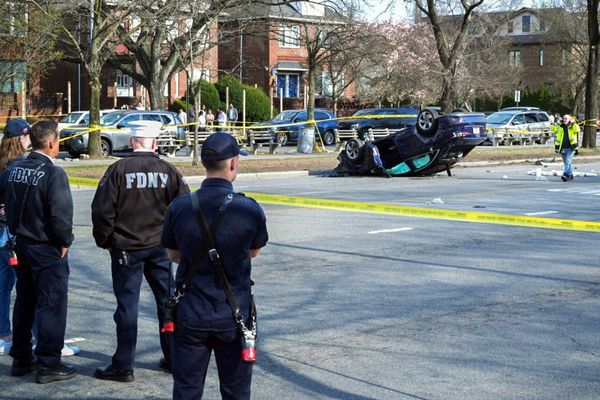
An Austrian court has made a significant ruling in the case of Ukrainian businessman Dymitro Firtash, stating that he cannot be extradited to the United States. The decision comes after a lengthy legal battle revolving around allegations of corruption linked to a purported bribery scheme in India.
The Vienna State Court announced on Tuesday that it determined on November 7 that extradition was not permissible, as reported by the Austria Press Agency. Despite this ruling, Vienna prosecutors have expressed their intention to appeal the decision, with a deadline set for December 16.
Firtash is facing charges in the U.S. for his alleged involvement in a conspiracy to pay bribes in India in connection to titanium mining, a material crucial for jet engines. He has consistently denied any wrongdoing throughout the legal proceedings.
In 2019, a federal judge in Chicago dismissed a motion to drop the indictment against Firtash, arguing that the U.S. had jurisdiction over the case due to potential impacts on a Chicago-based company. Although American aviation giant Boeing, headquartered in Chicago, had contemplated business dealings with Firtash, no formal agreements were ever reached, and Boeing has not been implicated in any illegal activities.
Firtash was initially arrested in Austria in 2014 and subsequently released on a substantial bail of 125 million euros ($131 million), marking the beginning of a protracted legal battle. The extradition request was initially denied by a Vienna court on the grounds of alleged political motivations behind the indictment.
However, a higher court in February 2017 dismissed this argument, deeming it insufficiently supported, and ruled in favor of Firtash's extradition. The Supreme Court of Justice in Austria upheld this decision in 2019.
While the former justice minister approved the extradition, a Vienna court judge stipulated that it could only proceed after a defense request to reopen the case was resolved. In March 2022, the Vienna state court rejected the plea to reopen the case. Nevertheless, a higher court last year permitted the resumption of extradition proceedings based on new evidence.







